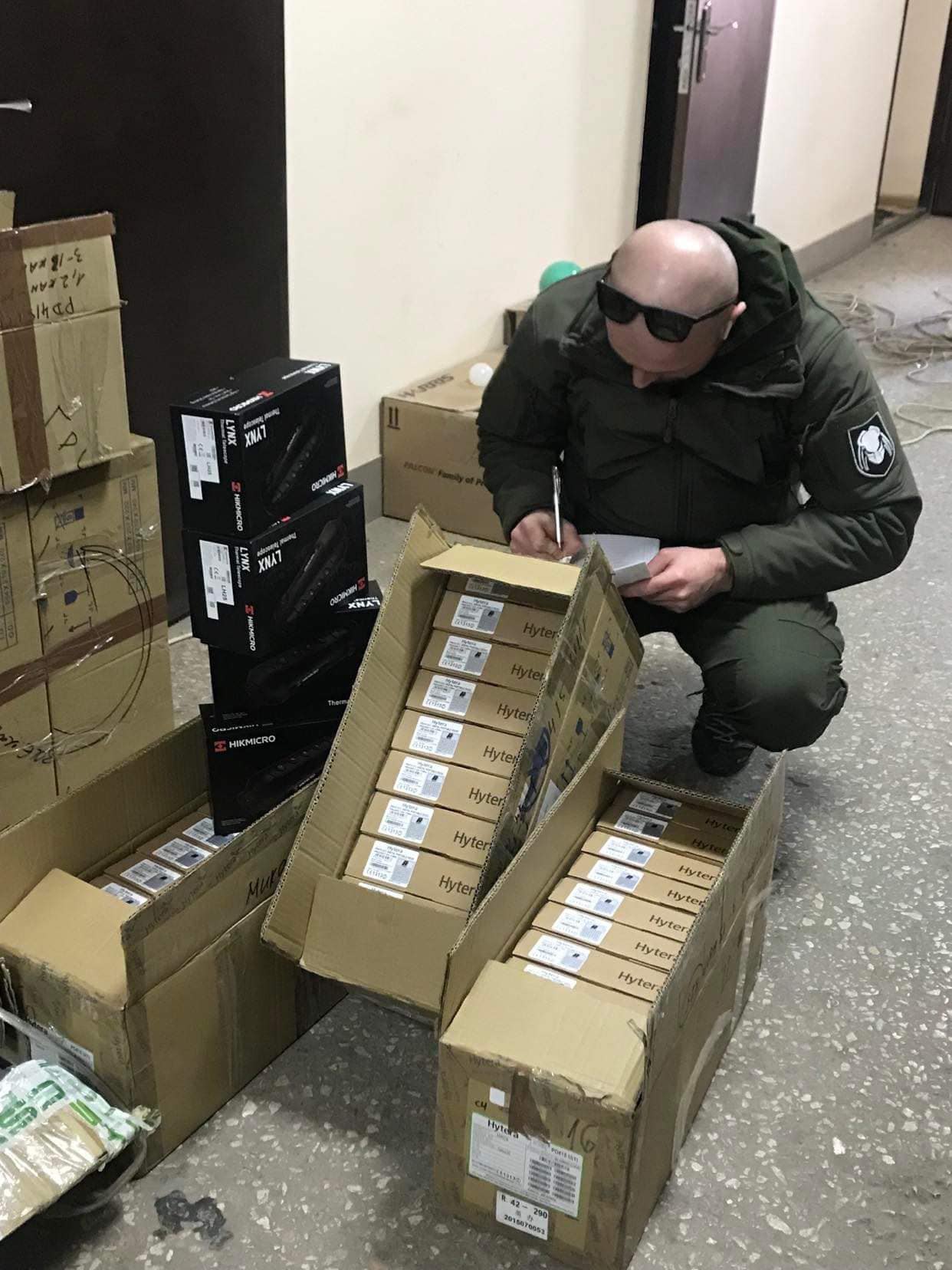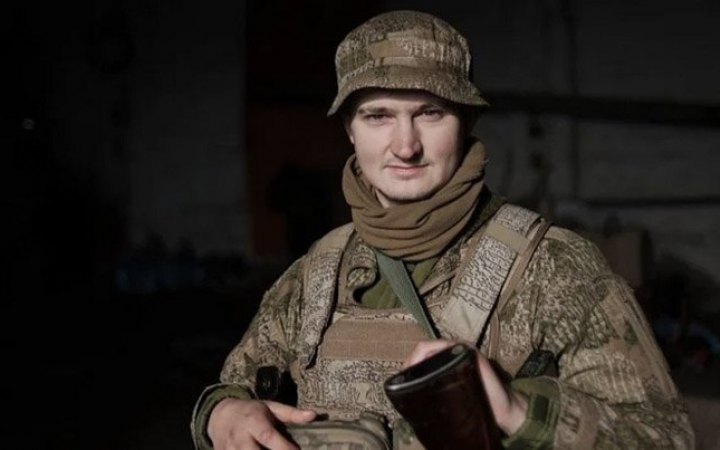"The Russian army with new equipment runs away from the guys from the territorial defence, who picked up a machine gun a week ago".
Since September last year, the United States and other NATO countries have publicly and privately warned Ukraine of the high risk of the Russian invasion. Instead, the Ukrainian leadership vehemently denied such a possibility. Could we have been better prepared for the war if we had paid more attention to these warnings?
We definitely could and should have. And it is not about the three months when we were warned; it is about all the previous eight years. Some people in the military circles of Ukraine were saying that Donbas was not the ultimate goal and not the end of the confrontation between Ukraine and Russia, that a great war was awaiting us. And the Ukrainian state should prepare for it, not for the fight in Joint Forces Operation. It was perceived as a joke, as a manifestation of paranoia or misunderstanding. However, now we have the very scenario.
When did you personally realize that war was imminent?
Two months (before the war - LB.ua) for sure. When everything began to unfold within a month, it became clear that something would happen.
I was warned six or seven hours before that there would be a strike and that Russia would attack in the morning.
Then it makes no sense to ask what you were doing on the night of 24 February.
I was sleeping. I packed up and slept, hoping my source was wrong.
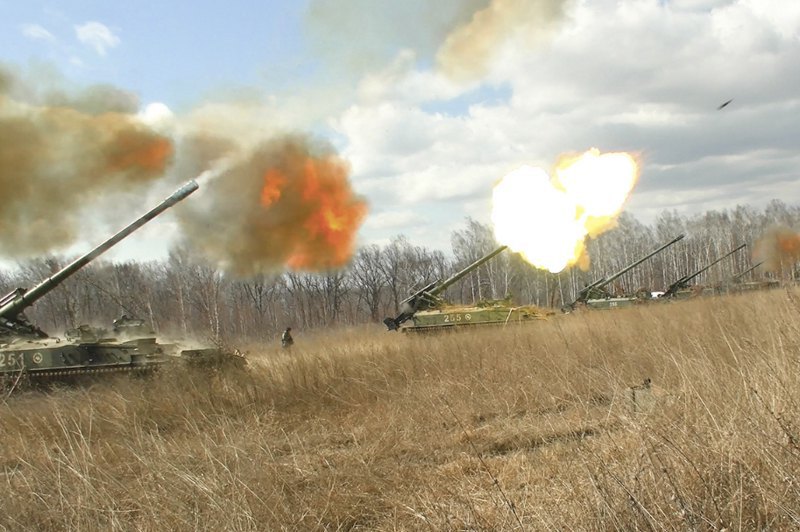
Is it possible to draw any systematic conclusions about the course of the war?
First of all, Ukraine repulsed the first wave of the attack and repelled it more than successfully. We completely ruined the Russian plan and levelled the intention to seize Ukraine. We have retained control of the state, control of the troops and not lost key territories and administrative centres. We have not lost the fighting spirit and national unity. We have survived at the first stage; respectively, we have a chance to move to the second, third and subsequent stages.
Secondly, we managed to mobilize society. And, as the realities of our war show, people are more important than iron. The Russian army with new equipment runs away from the guys from territorial defence, who picked up a machine gun a week ago. It shows how vital fighting spirit and motivated people are.
However, it is going to work in the short term. If we talk about a protracted war, these factors are no longer enough because we will have many heroes but few enemy losses. Therefore, the human component must be strengthened by the technical component.
How quickly is it possible to increase arms in our situation? Even now, we are reluctant to be given or sold something more serious than ATGM or MANPADS. The history of Polish MiGs shows how immovable and indecisive the West and NATO can be.
In general, such things do not happen quickly globally. And we have also been warned about this for many years. The current pace is quite fast. And if we get air defence or planes in a month or two or three, it will be speedy for the world, but still long for a country that has two or three months to fight an enemy that prevails in arms.
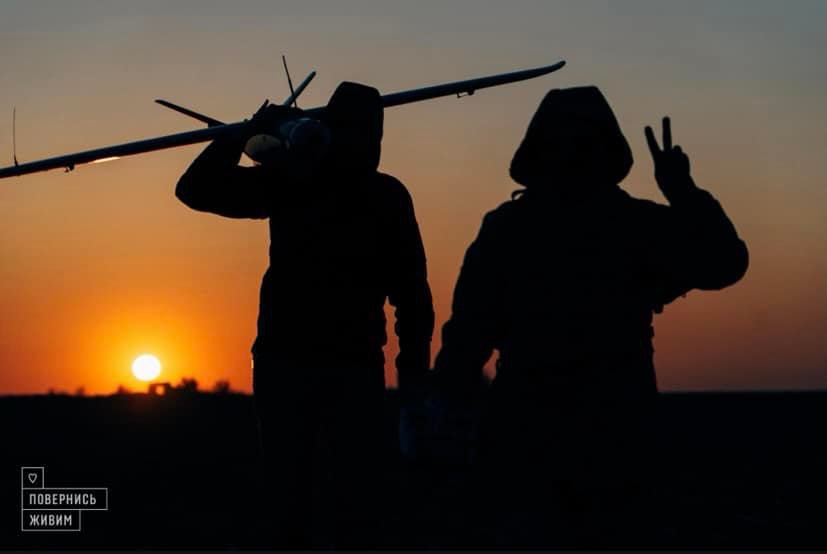
Ukraine must encourage the United States not only to hand over weapons to us. One of the needs today is jeeps and pickups. We need at least 10 thousand of them. We can buy them somewhere on an industrial scale.
Is this necessary for the successful manoeuvre warfare you wrote about?
Yes. Anyway, you need to ride on something. You need to attack, retreat, move by riding something. It's OK when you have a Javelin or Stinger, but it is not OK when you can't use them on the battlefield tactics. And the battle is now manoeuvrable.
"Now, it is important not to allow Russia to gain a foothold on its frontiers, not allow to dig trenches".
You said that we had passed the first stage of the war and had a chance to move to the second. What will it be like? What to expect?
An operational pause is underway. Neither side is advancing but trenching and regrouping, deploying reserves. The next stage is when someone will attack someone to achieve their operational and tactical goals. On the Russian side, it will potentially be Mariupol. They plan to cut off Ukraine from the Azov Sea, build land and rail corridors to the Crimea, provide water supply to the peninsula - they need Kherson and Nova Kakhovka for this one; and capture Zmiyinyy Island to cut off Ukraine from the Black Sea. To achieve the goals, they need Mariupol. Therefore, many forces are now thrown at the city and the cutoff of our possible strike from the south. If such plans are achieved, they might be able to move to the administrative borders of the Donetsk and Luhansk regions and try to level the occupation line of four regions - Kherson, Zaporizhzhia, Donetsk and Luhansk.
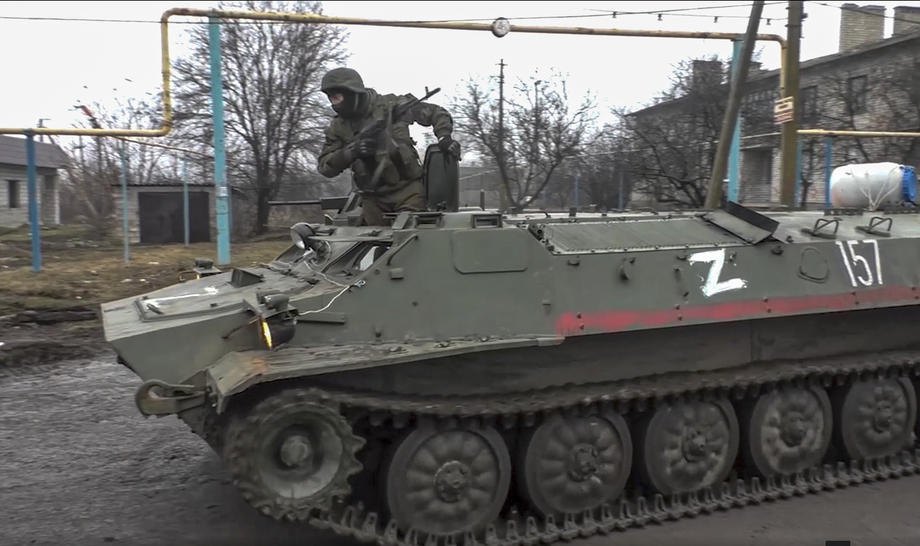
And Russia might stop at this. The aggressor is causing irreparable damage to our industry, economy, defence-industrial complex, and the Armed Forces. That is, we will be very weak in the coming decades. Therefore, Putin will be able to tell the domestic market that Russia has won:
Ukraine is demilitarized.
The Ukrainian defence industry is destroyed.
The Nazis are killed.
The "Russian population" is safe within the Donetsk and Luhansk regions, plus Melitopol, Kherson and Kakhovka.
In this scenario, the conflict is frozen and postponed for some time, as it was in 2014.
Can Ukraine break this Russian scenario?
Ukraine must do this. But Ukraine is in a situation where it has to fight from three sides - from the North (Kyiv, Chernihiv and Sumy) to the East (Kharkiv, Luhansk, Donetsk) and South (Odesa, Mykolaiv, Kherson and Zaporizhzhia regions). We are in a kind of U-shaped environment, where the enemy is on three sides. The enemy has an advantage in the air and at sea, in manpower and equipment.
It is pointless for Ukraine to look for linear ways, such as putting ten territorial defence battalions against 10 Russian battalions. We will lose this way. Therefore it is necessary to look for some alternative methods.
In our case, it may be a resistance movement, guerrilla warfare. These are the Special Operations Forces, which can knock out the enemy's military control bodies, demoralize personnel, and destroy logistics. And then the demoralized military will either run away, or we will kill them, as it was in the first weeks. And it is essential now not to allow Russia to gain a foothold on its frontiers, not allow them to trench because if the war enters a trench warfare phase, as it happened in the East, it will be much more challenging to knock out the enemy. After all, the Russians have more artillery, and it is newer. They have no problems with ammunition. And we have issues with all this.
Besides, we have to actively push ITA (international technical assistance - - LB.ua).
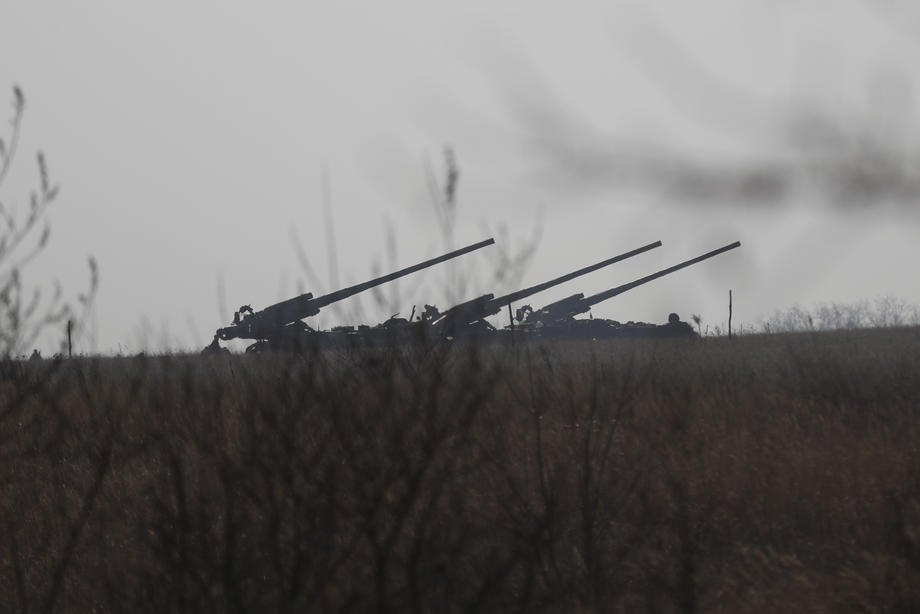
You said that Russia has an advantage in the air. Our General Staff says that the Russians have no total dominance in the air, the air defence is alive, and the aviation is working.
It is true, and there is no total Russian dominance. The air defence is still alive, and aviation is still working. But with every week, we have fewer resources, forces and specialists. Russia, too, but the balance of power is different. And even if one destroyed Ukrainian Ground Force Air Defense System has destroyed ten Russian planes, these are great numbers. But mathematically, we will run out of resources sooner than they will.
And what is the way out?
The way out is simple: buy air defence or receive as ITA. Or look for alternative ways. There are the goals that could be achievable for the Special Operations Forces (SSO).
"What we get is excellent; we need it. But we need a little more and more powerful for a normal war".
What are the biggest problems of our Armed Forces now, from what can be said publicly?
Ammunition, supplies, weapons and equipment. We have enough people and enough fighting spirit; we have good commanders. We are ready to fight, but we lack what to fight with.
Is the amount of help our partners provide not enough?
No. This help comes rather slowly. And it's good they give us grenade launchers and MANPADS. Still, it doesn't solve the issue of armoured vehicles, and it doesn't solve the problem of artillery damage; it doesn't solve the issue of reconnaissance and targeting. What we get is excellent; we need it. But we need a little more and more powerful for a normal war.
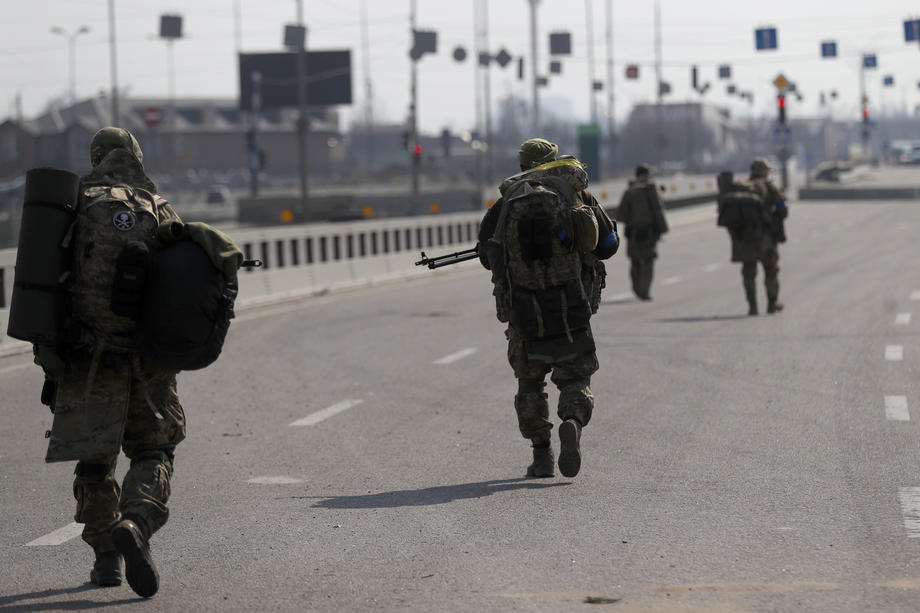
On 16 March, US President Joe Biden announced another 800m dollars aid package to Ukraine. The list of what is provided to us is open - there are primarily annual funds - MANPADS, ATGMs. The USA gave us nearly the same weapons before the invasion.
I think the West was betting against us to some extent. They did not expect Ukraine to repel Russia. They were convinced that Russia would implement its Ukraine plan and stop there, and Europe would continue to live a peaceful life. The Germans definitely thought so.
It turned out quite differently. Now, Ukraine is talking to Russia on an equal footing, not from the weak position, supported by the West, but from the strong position in itself.
But, again, time is not very good for us. Russians stop panicking, and they regroup, begin learning to fight. They are now in the same situation as we were in 2014 - Zaluzhnyy rightly said this. And we are almost running out of equipment reserves, weapons, and ammunition.
"When we have "shot down" an IL-76 on Facebook ten times, and there are no photos - it's wrong".
Do you not have the impression that since the successes of our Armed Forces are widely circulated in the media and social networks, thanks to Arestovych's daily optimistic reports, a relatively large part of society has the impression that we are already winning?
Unfortunately, yes.
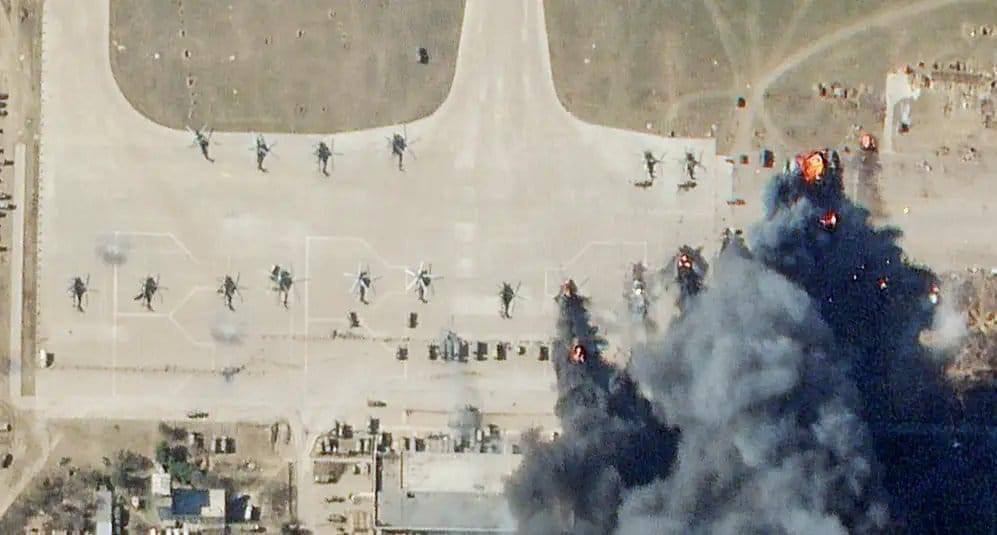
And because of this, people do not realize that they need to rearrange their whole lives.
You are absolutely right. The Russians fell victim to their propaganda in the first wave of the war. We can now become the same victims of our counter-propaganda. We are playing a bit too much now. We really need to understand the fine line between the fact that the state should control the information space and that it should be honest.
Then there will be trust. Because when we have "shot down" an IL-76 on Facebook ten times, and there are no photos, it's wrong. The state may not say something, that's right. But the state must not lie. Ours starts lying a little now. And when this soap bubble bursts, it will be very painful. Much more than if we knew the truth, albeit dosed.
Has this optimism somehow affected the Fund's money transfers?
There is no dependency between optimism and transfers. Our transfers have grown super cosmically - almost three billion hryvnyas since the beginning of the war. The reason is the war. Besides, the Foundation has developed its brand and communications very strongly over the past year.
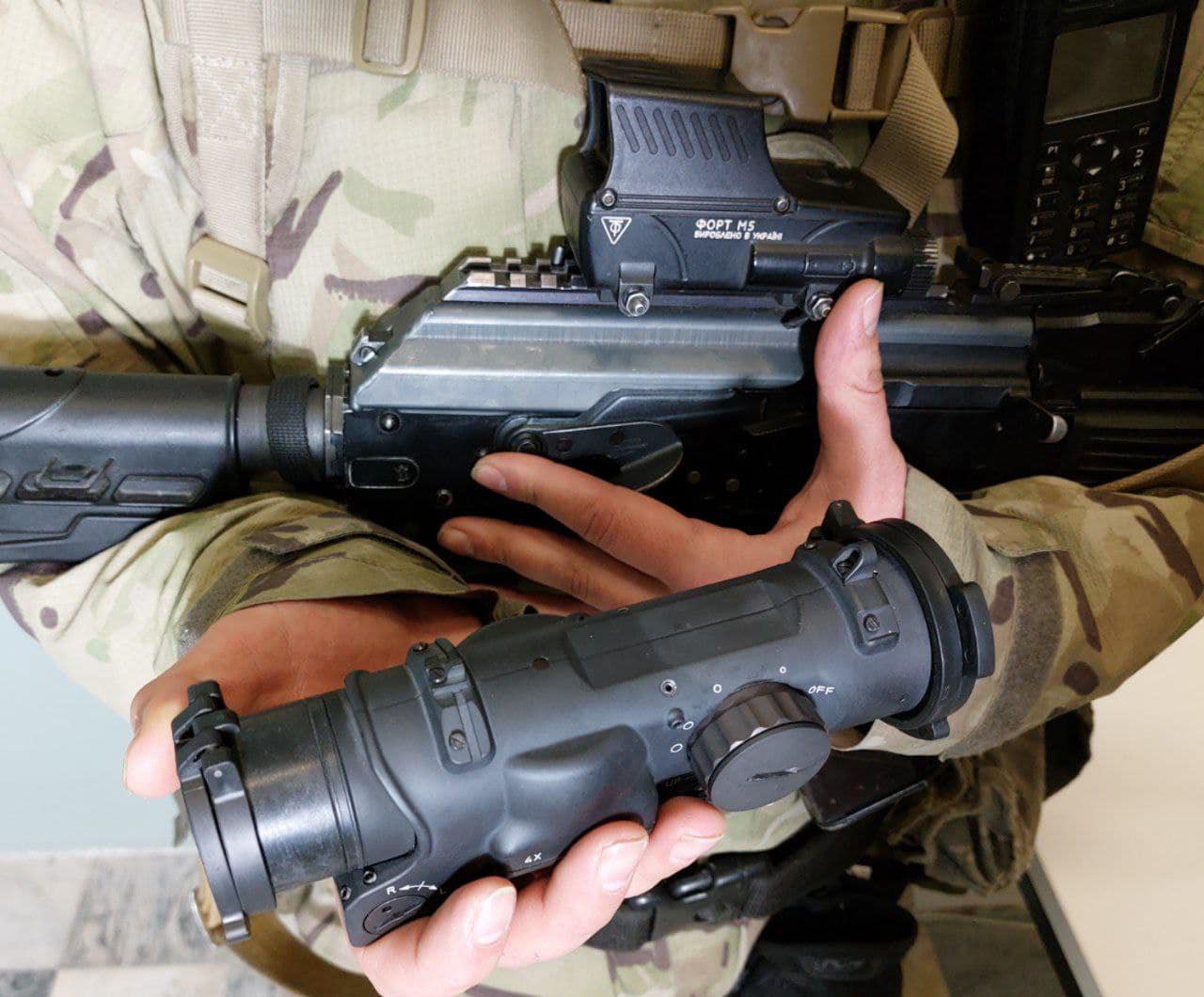
Although "Come Back Alive" is more recognizable than anyone, some people still say: "Give me another piece of paper and come in a day."
What percentage of money do Ukrainians give, and what percentage is from abroad?
It isn't easy to measure. Maybe even 50% comes from abroad. But if, for example, a Ukrainian businessman is now in Poland and gives us money, how to understand whether it is a Ukrainian or not a Ukrainian? We are not trying to understand that. Someone gives five hryvnyas; someone offers millions of dollars. And every support is essential.
On the first day of the invasion, the Come Back Alive campaign collected more than in the previous eight years of the war. And, accordingly, spent the same amount more. How did this scaling work for you? After all, the fund's staff has not increased many times.
This process is complicated for us. We are now divided into four offices - in Kyiv, Ivano-Frankivsk, Vinnytsia, and Odesa. It is already a problem.
If there was no war and we got a transfer of a billion hryvnyas, everything would be simple. For instance, we would increase the volume and range. But it is difficult to buy something inside the country in war conditions because the whole economy has stopped, logistics has come to a halt. It is also challenging to buy abroad. We work officially, which means we buy most of everything officially - under agreements, invoices, official customs clearance. All this takes time.
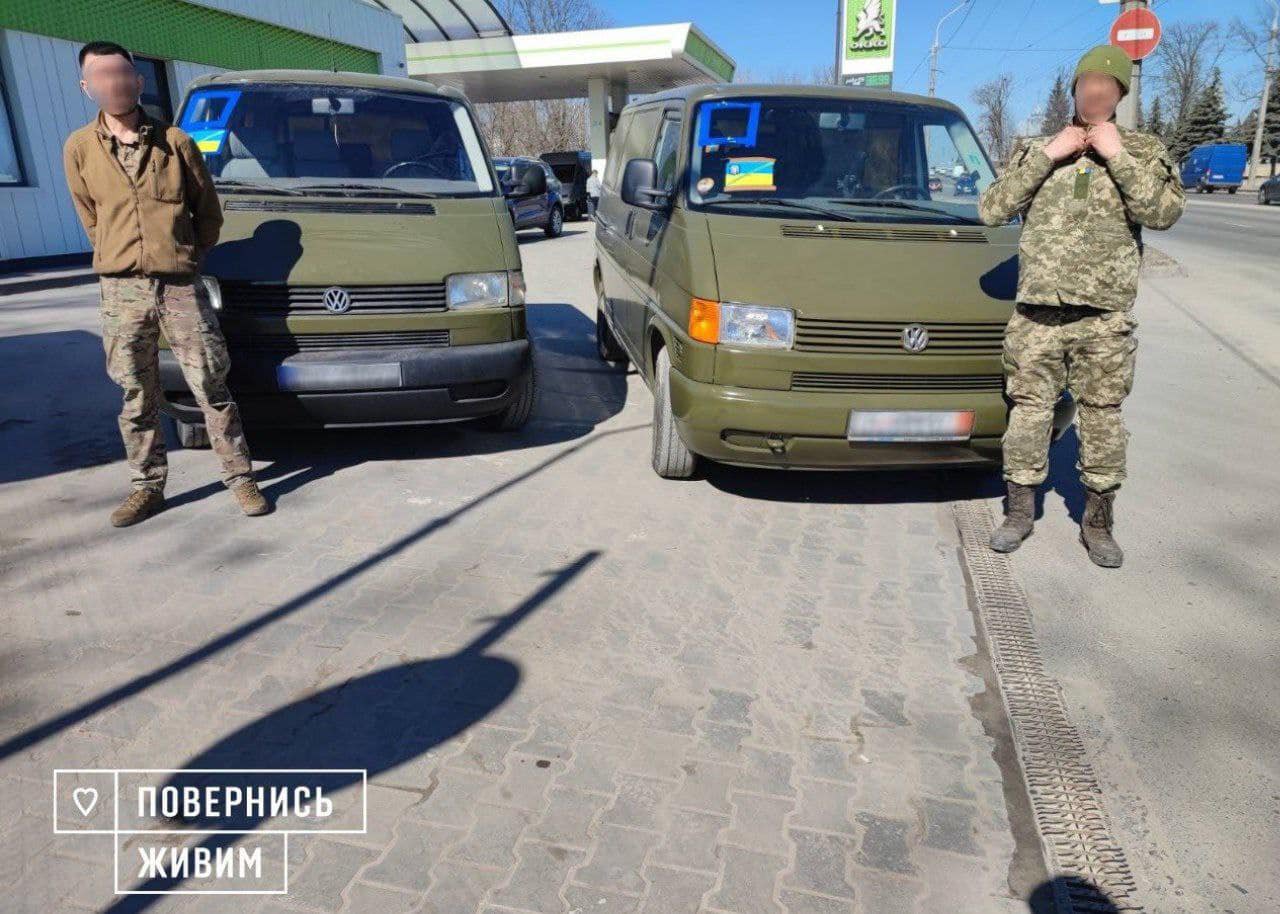
But you said that "Come Back Alive" managed to deliver what you bought in 7-10 days under "white contracts". It's incredibly fast.
It is true. And it seems that we are the first to implement this. But we have contracts signed on 2 March, and so far (the conversation took place on 19 March - LB.ua), the goods have not been sent because there is a lot of bureaucratic resistance from the sender's state.
And what are the reasons for such resistance?
They do not want to spoil relations with Russia. Maybe something else.
If it is not a secret, what kind of product is it?
Armour and helmets. It's not even about the weapon.
And which states are slowing down such purchases?
Germany, Israel, Turkey.
What other difficulties are there?
Everyone is now finding some suppliers. Such people send us the information: we found a thousand or five thousand bulletproof vests - buy, please. You pay the bill, and it turns out that this company does not have an export permit. After that, it can deliver the vests only to Bulgaria. Then a bunch of questions in the fine print. And all the work goes to waste.
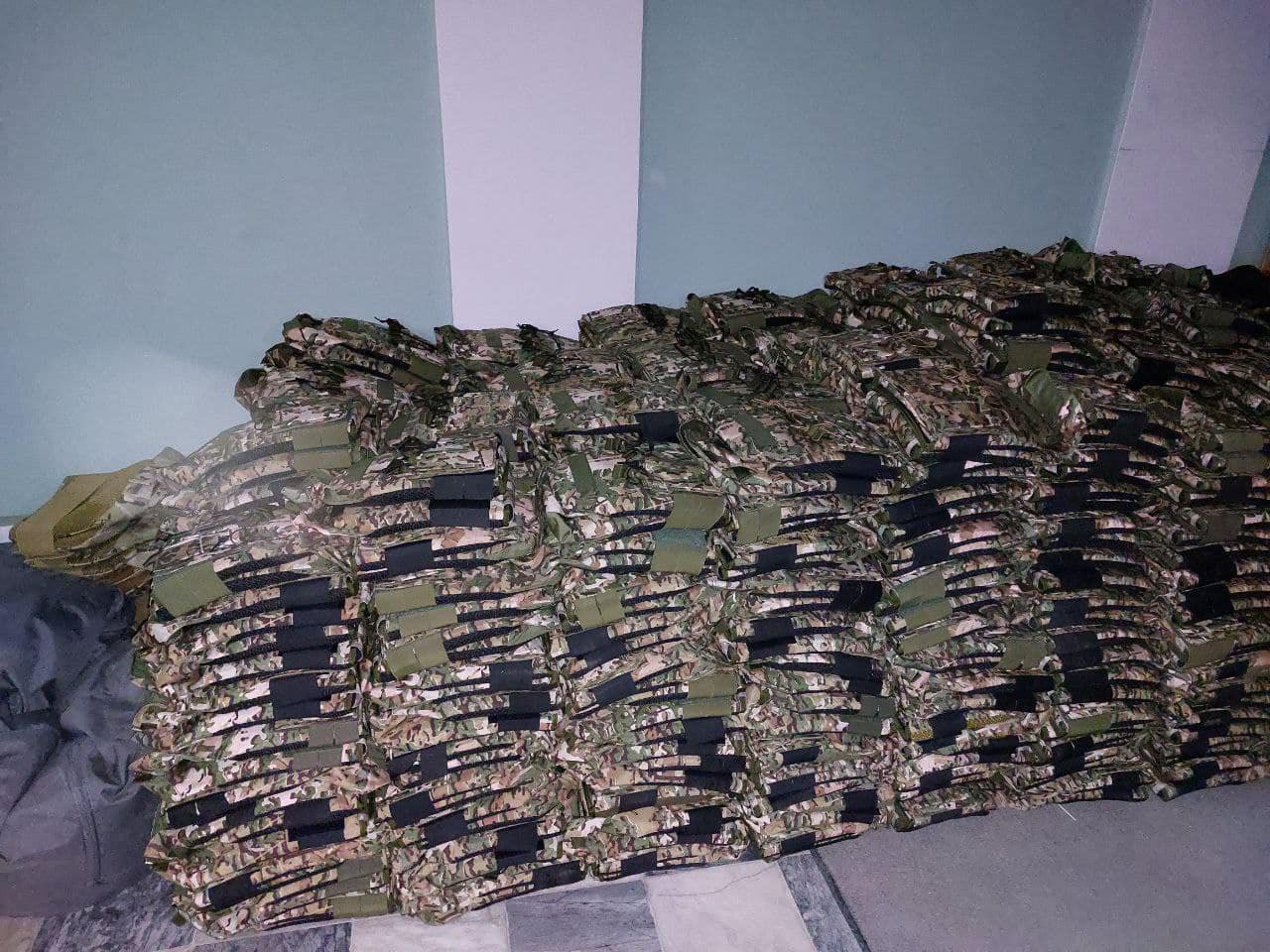
Is it challenging to work with our customs now?
Very. Yesterday (the conversation took place on 19 March - LB.ua), the Ukrainian customs tormented me regarding our helicopters until 3 am, demanding the thirty-eighth "paper" about the recipient of this assistance.
I've heard of cases where, consciously or not, volunteer loads have been stopped, but I didn't think it referred to such big foundations as yours.
It concerns everyone. At the highest level, let's say, the president's level, there is maximum assistance. The more we are moving down, the larger the resistance is. Although "Come Back Alive" is more recognizable than anyone, some people still say: "Give me another piece of paper and come in a day". In the end, a day here, a day there, a day in the warehouse - all these amounts to a week.
That's why we are doing our best to buy in Ukraine. For example, the day before yesterday, we bought one and a half thousand generators for more than twenty million hryvnyas. This number will probably be enough by the end of the year. Similarly, the army needs laptops: we bought a thousand on the second day of the war and are now distributing them.
You said that one unit asked for several hundred laptops.
The territorial defence asked for 250 items. It's OK. I have a folder where we collect all the letters with physically brought requests. They ask for everything - from menstrual pads to "javelins". I have a letter with a seal, where the head of one department asks the Come Back Alive, a charity organization, for Javelins, Stingers, MANPADS, mortars, DShK, AGS and shots to RPG.
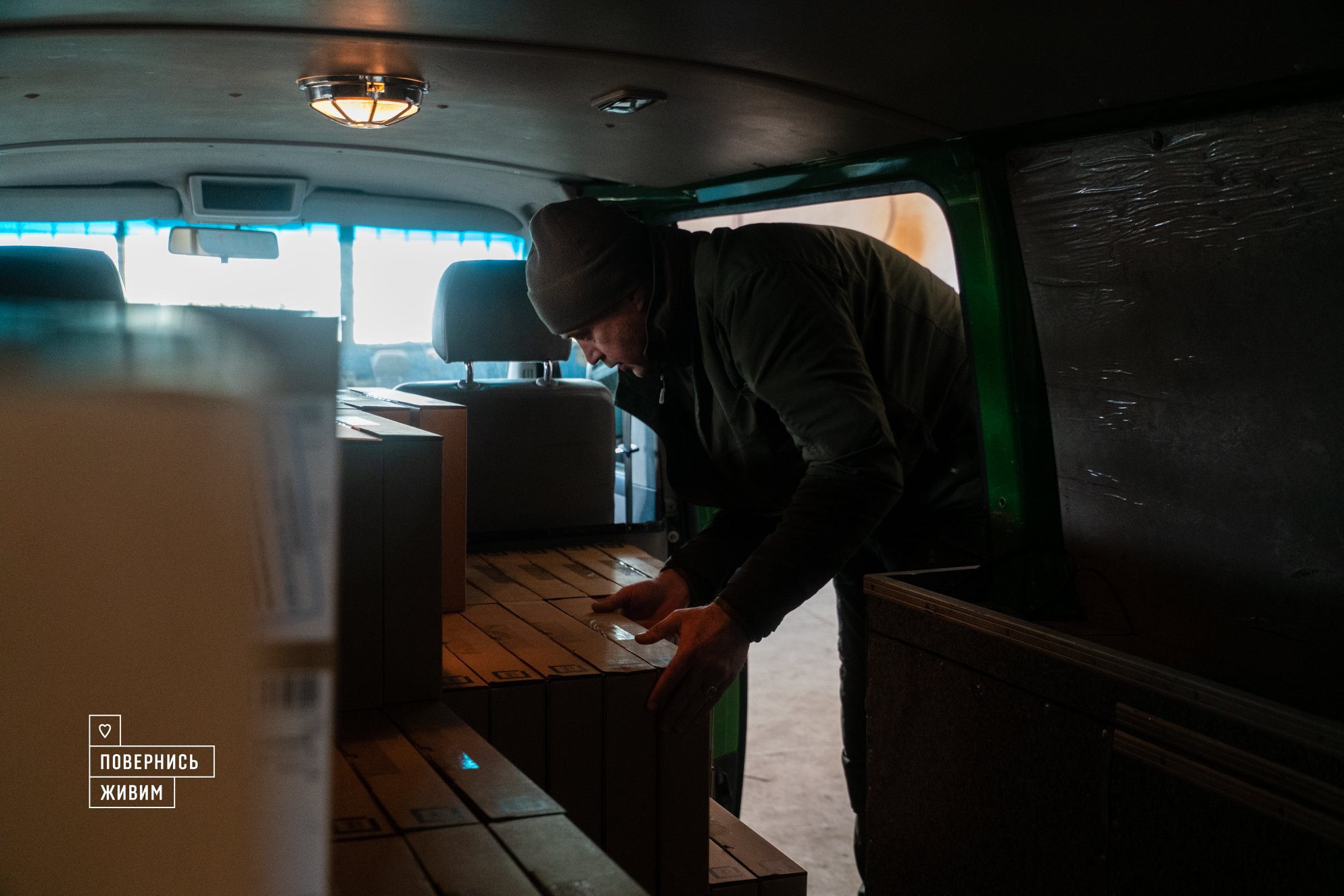
"The more people are involved at all levels, the better".
However, you still manage to buy serious things. For example, Come Back Alive bought an operational-tactical drone for 18.6m hryvnyas in early March.
Because it was in Ukraine, buying everything in Ukraine is simple.
Is it possible to buy devices of this level abroad?
We are currently purchasing 100 military drones that have been adopted in NATO countries. Preliminarily, everything seems to be OK. But this is a tactical level for intelligence and the SSO.
We also buy American drones instead of Maviсs, they are much more expensive, but they are not dependent on China. Aeroscopes do not detect them, and I hope they will perform better.
But, again, all these "better or worse" tests take time. And we are short of it. For example, we bought one and a half thousand Mavics. The Fund transferred to the army about 400 units all the time by 24 February. Now, we bought one and a half thousand in one party and later a couple of hundred more. And it's just plugging a hole with the understanding that half of the items will be lost in the first three days.
You said that such losses would be due to inability to use.
Now we are winning with mass, not quality, because there is no time to teach operators, as it was before.
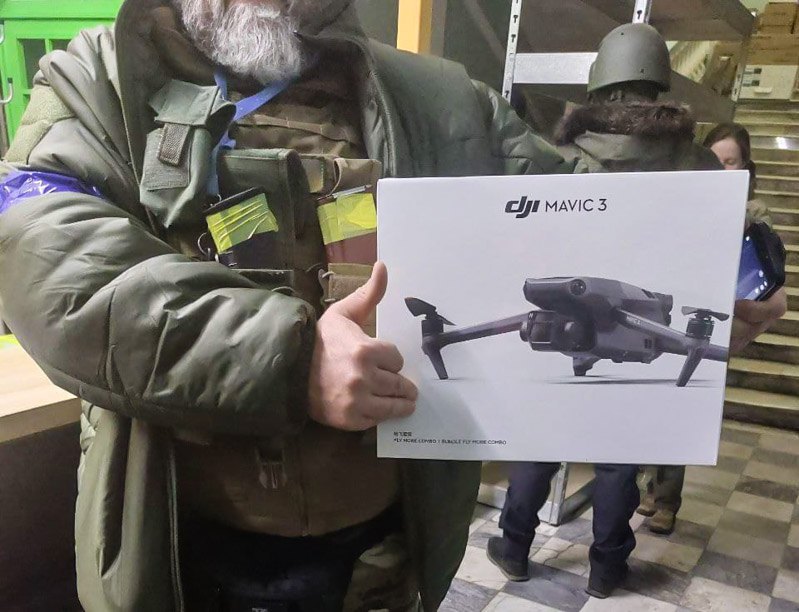
It is difficult to learn (Taras Chmut is a certified drone operator, has experience in their use in combat - LB.ua)
Just lifting a drone and taking a selfie is not a problem. The other matter is to perform a combat task on it when the EW works - to determine the coordinates, adjust, land correctly, take off in bad conditions - I did it once in the war with the "Phantom 4" - yes, it's not easy, you need to be able to.
People saying they can usually lose drones very quickly. I know the units where the officers are excellent soldiers, and every month they have minus one drone. And I know the units where they bought one drone three years ago, so it's still alive.
It just takes a day or two to prepare the operator. But then you need experience. Tactics of working out, application, decryption of information - is it a bush or a disguised IFV, is it an IFV or just a layout, an important target or unimportant. Fire adjustment is a separate story.
Before the war, training was one of the Foundation's priorities.
Now, we have stopped work in this direction. There is no time, and no one can do it. All people have switched to procurement, logistics, work with troops. Now, until the front line stabilizes, it is physically impossible.
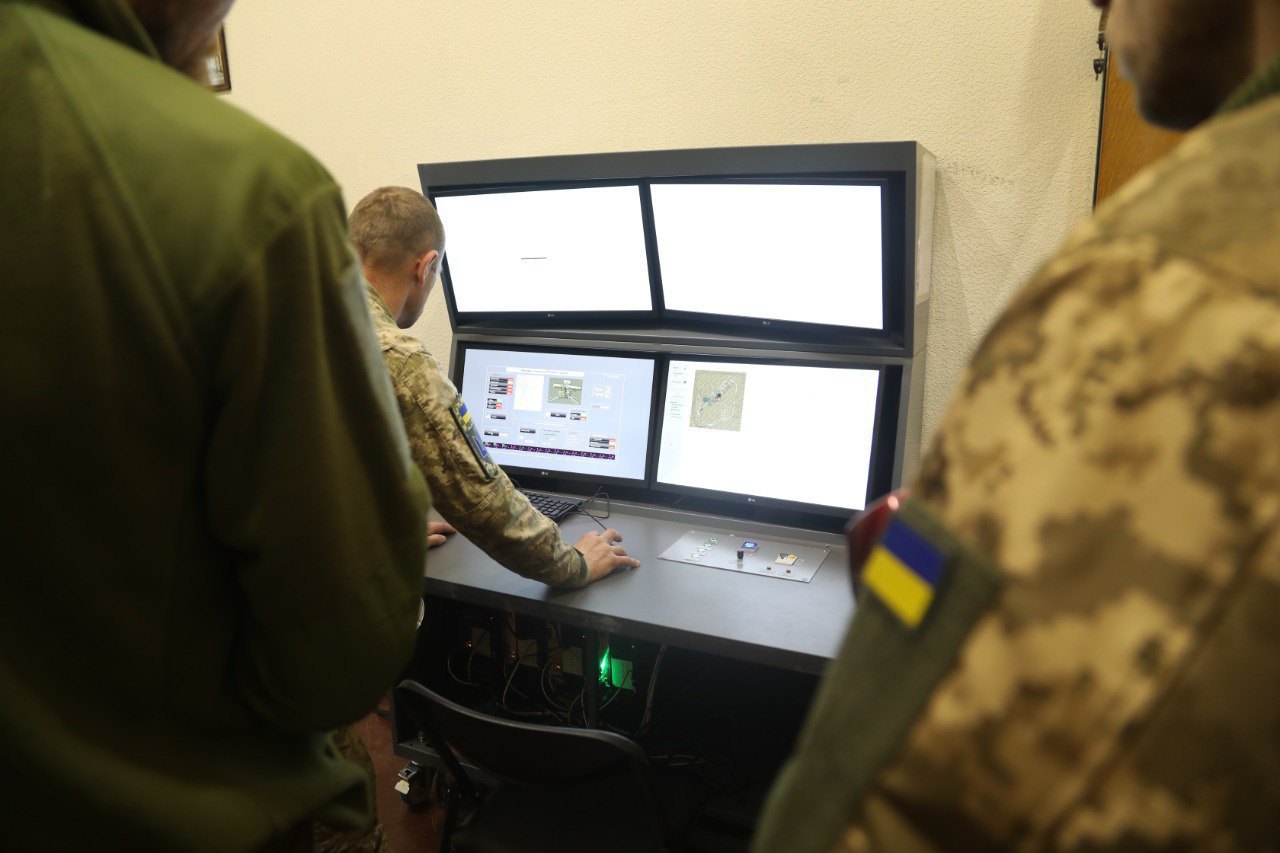
"Come Back Alive" focused on seven areas. These are thermal and night vision optics (from which the fund began), technical intelligence means, drones, communications, transport, equipment for command posts, sniper equipment, bulletproof vests and helmets. Will you change them over time? For example, in theory, communications should be procured centrally by the Ministry of Defense. In the end, they bought the Israeli "elbits" and the Turkish "aselsans".
As of 1 January 2022, the army was 261 thousand people. The Armed Forces of Ukraine plus territorial defence, NGU, SSU amount to 600-700 thousand people. The number of units and subdivisions has increased. We also suffered losses - in property, equipment, weapons, people. These losses must be compensated.
If there were probably 100 people in the company before the war, and 60 on the list, then 15 radio stations were OK for them. Now, there are 150 people on staff and the list, and we lost five radio stations out of 15 in a fight. And we need at least 30.
Does the state buy the means of communication?
Perhaps. But the state is slow. Volunteers have an advantage in speed. Their function is to win time. And we are winning it now.
We will solve the issue of bulletproof vests and helmets in 1-2 months maximum. Now we have bought twenty thousand bulletproof vests - they cost a fortune! And we haven't spent the money efficiently. But everyone is asking for bulletproof vests, about 300,000 of them are needed, and the soldiers will be furious with us if we don't give them away.
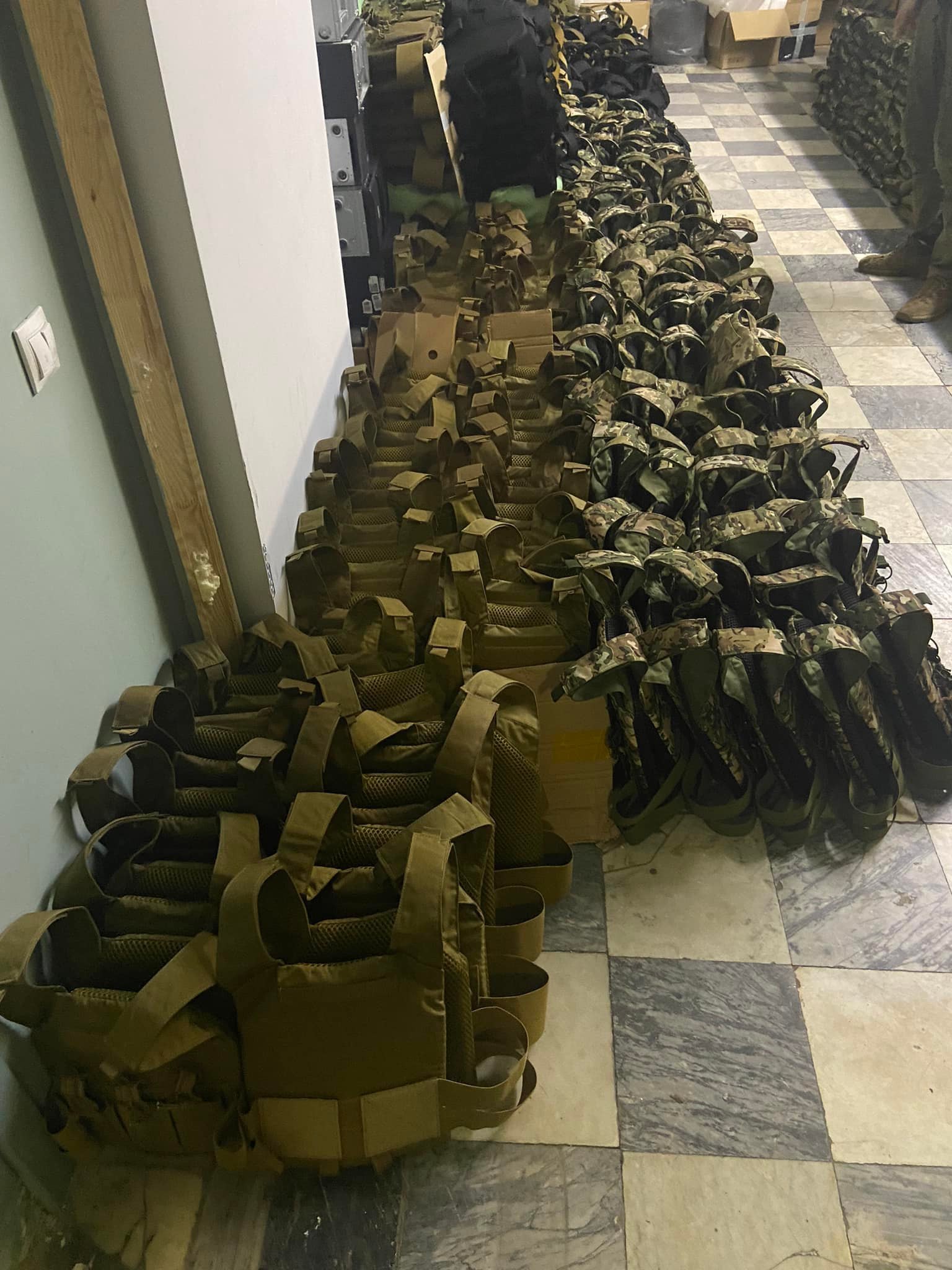
Does spontaneous volunteering, when people try to buy something on the spot, several units help or interfere?
The more people are involved at all levels, the better. The more small issues such as socks, underwear, something else someone will solve, the more time I will have to buy a large batch of ten thousand bulletproof vests and dress ten battalions in them.
The less we are asked to "give us two collimators (reflector sights - LB.ua), one radio station, three thermal imagers and five helmets", the more efficiently we work.
Has the Ministry of Defense's attempt to launch a platform to coordinate volunteers' efforts so far failed?
Yes. People want to do their thing, help their people and do it as they wish. People are not ready to compromise. Everyone wants to do something because they like it.
We coordinate with the Serhiy Prytula Foundation. It is also a large fund. We have been on good terms for a long time, strengthening each other. Today, for example, they arrived, took a hundred helicopters from us, and will distribute them according to our acts. As for territorial defence, we are in touch with Sobko (Colonel Serhiy Sobko, the chief of Territorial Defence Forces - LB.ua). They send us requests, and we tell them who will close this or that question.
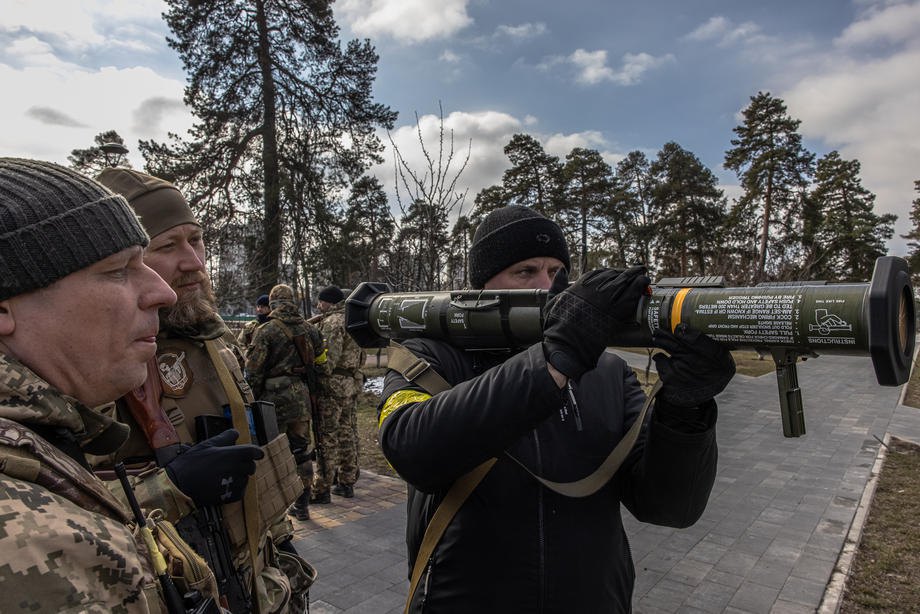
How effective do you think the territorial defence story has been?
We were helping to create it. We needed six months more to reach the level we wanted. If we had implemented territorial defence on the scale we imagined, the Russians would not have had any success. Maybe that's why they attacked right now. Russia's threats of attack, which began about a year ago, led to a saturation of Ukraine with weapons, came to a moderately normal Minister of Defense and a relatively normal commander-in-chief. They began to work together and build an army. And if they had worked like that for a year, if we had increased the number of the Armed Forces, as the President promised, we would get a lot of ITA and a 3.0 army. Therefore, the Russians did not delay. It is not easy for them even now.
And the last question. What advice would you give to those Ukrainians who are not directly involved in resisting the enemy or volunteering? How can they help other than sending money?
They can support by spreading information. Subscribe to our Facebook, Twitter, Instagram, YouTube accounts. Please share our posts. The more people in the world know about Come Back Alive, the more resources we will get and the more opportunities we will have to help the army. Information support is critical. A thousand reports are X hryvnyas, and a thousand likes are Y hryvnias. It is how it works.
You can join the fundraising for the military by following the link. You can also transfer money to the fund from YePidtrymka (E-Aid).
